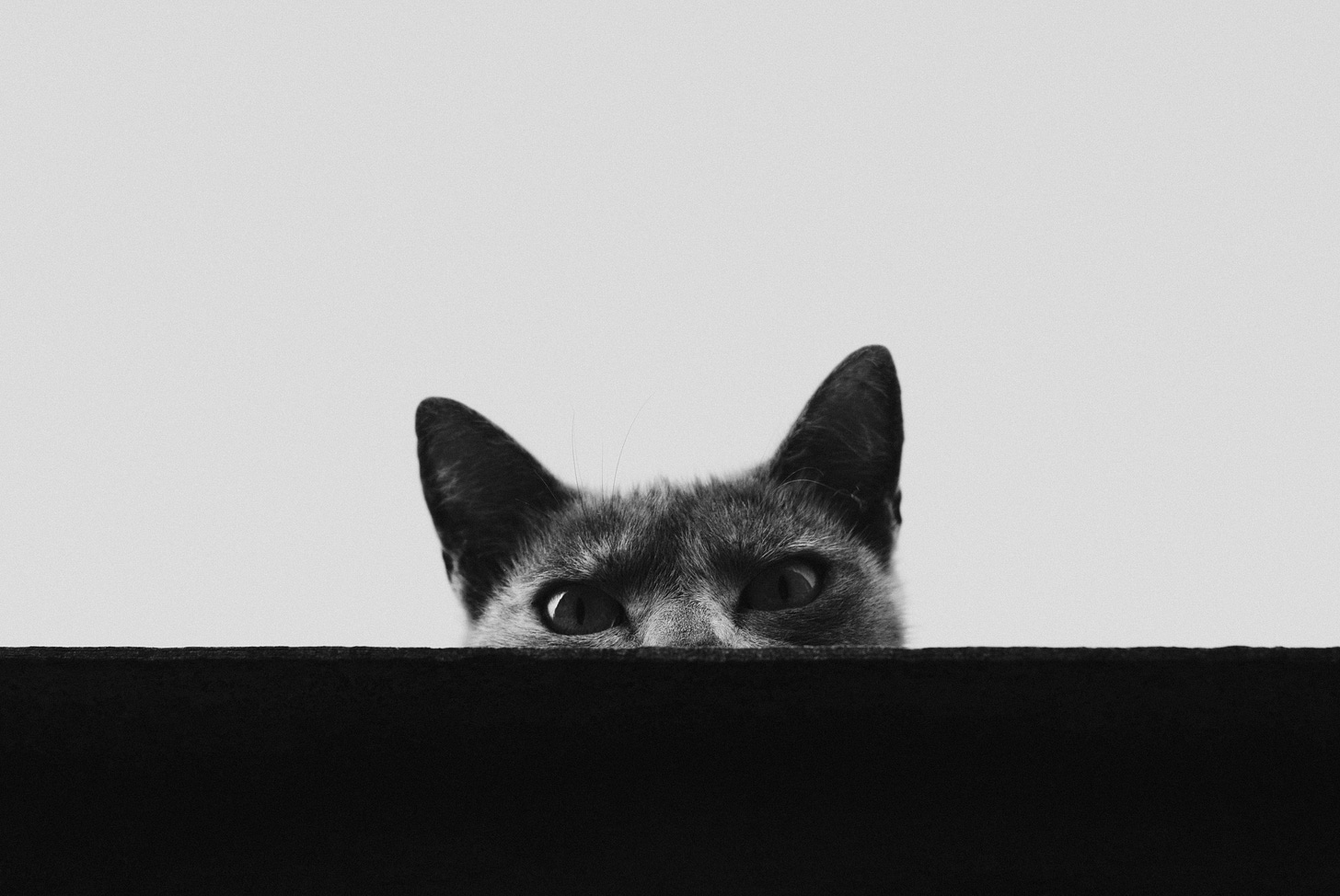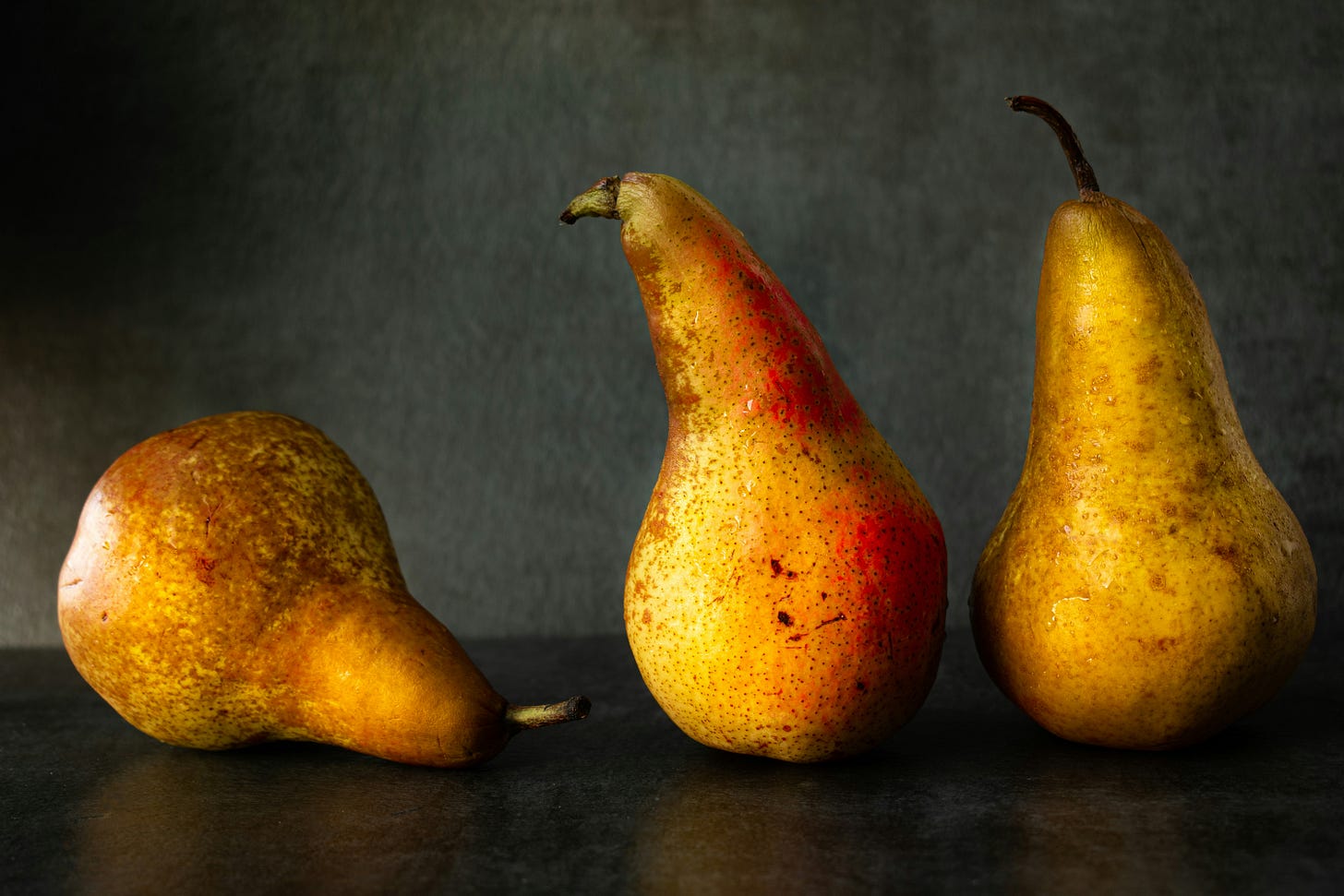Peer, Reviewed
Learned Vol. 8, Issue 20
Plagiarists are a plague on creative workers. They’ve always been here, but recent changes in the media landscape have taken a localized outbreak and turned it into global…pandemic. In academia, we rely on the practice of peer review to identify and root out plagiarism whenever and wherever it’s found. But here on Substack? Apparently, we just look the other way.

So, let me make no bones about it: were Dante alive today, he’d stroll right on down to the 8th ring of Hell where all the fraudsters hang out and dig a new ditch right between the hypocrites and the thieves for all the bloody plagiarists. Because they, the plagiarists, are the worst of both: they’re liars who pretend they have done something unique and worthwhile; they’re thieves who do not steal for any sort of moral purpose - they’re not Robin Hood - only to make themselves out to be more than the hollow wretches they are.
Still with me? Good. The bumpy part is over. For now.
Now, as I said, peer review is our defense, our inoculation against poor research, bad analyses, and unoriginal thought. We read each other’s work not to criticize but to improve; nobody wants your paper to be good as much as I do.1 Therefore, when I review a paper, I’m looking for the flaws to they can be corrected, so that the research presented is iron-clad and contributes meaningfully to the field. And, to do that, your work must be your work - your idea, your insight, your conclusion.
The irony is that your work must be built on all the work that has gone before. You have to support your work with example after example, relevant theory after relevant theory. And to do this you have to annotate, quotate, and citate2 until the source of every thought has been clearly and correctly labelled. That’s the beauty and horror of peer review.
But let’s back up a step and look at the term peer. First, and most interestingly, the peer in peer review and the peer in peer into the abyss (Nietzsche, 1886)3 do not come from the same source. Taking them in reverse order, the verb to peer comes from the old Frisian verb piren, which means to look. Meanwhile, our noun comes from good old Latin and meant equal in rank.
Obviously then, peer review takes its meaning from the noun case. And this is important because as peers, we are not setting one above the other. Instead we’re saying that we are the same. We have the same rank, the same status, the same interest in the outcome and that means that we are working towards the same goal. So, as I alluded to above, when I review a paper, every comment I make, every point I pick over, is all with the goal of making the paper as bulletproof as possible.4
But that brings me back to social media and SubStack in particular where we have us a whole plague of plagiarists. What began as uncredited copying and pasting on Twitter5 and Tumblr for clout became deliberate theft on Instagram and TikTok for actual cash. On TikTok especially, plagiarism took whole new forms wherein “creators” would not steal someone’s video but rather they would steal the script and then make their own video, word for word the same but with their own face and voice. Interesting! Way to utilize new technology to be innovative in your soulless appropriation of others’ work! Fuckers.

Anyway, here on Substack, we’ve been having problems related to…let’s call them free speech issues. Not necessarily over who is allowed to say what, but who should be allowed to profit off of it. In other words, you should be allowed to spout whatever bullshit you want. Doesn’t mean we have to let you make any money off it. And yet, Substack has turned a blind eye to some truly heinous free speech, mostly because, hey if that hate speech makes a profit, so does Substack. It truly is a problem and not one easily addressed - well, it’s very easily addressed unless you have shareholders that will hold you accountable for losing them money. And remember kids, in the corporate world, not making money is the same as losing money. And now you know!
Ahem.
So. The plagiarists have entered the fray, copy and pasting entire newsletters and presenting it to their followers as if it were their own work. But, at my university, we have an ethics policy that basically states that if I, as the teacher, catch you plagiarizing someone else’s work, not only can I fail you on that assignment, I can fail you for the entire class. If it’s especially egregious, I can start the proceedings to get you kicked out of school.
Enter peer review. My students are instructed, explicitly, to check each other’s work. Not to criticize it, but to make sure that everything has been appropriately attributed. If only we had such a policy here in the real world.
My friend Natasha has been down in the mines fighting the good fight and calling out some egregious examples of the plagiarism she has found here on the ’stack. Go read her pieces here and here on her Theory Gang newsletter. And then…
Then I encourage everyone to become a peer reviewer. Seriously. If you have a newsletter, if your friend has one, work together, make sure all your cites are cited and all your quotes are quoted. Maybe if we all do that just a bit more, we’ll put an end to this plague before it overwhelms us all.
Stay curious,
Joel
I realize this is leaning into “this hurts me more than it hurst you territory,” but, well, if the belt hits…fits…I mean fits…
If you ever wanted proof that these articles are written by me and not AI, stick that sentence in your checker and sit on it
Citations, y’all, citations.
It’s for your own good…
You call it X if you want, but I’m not gonna and you can’t make me.

